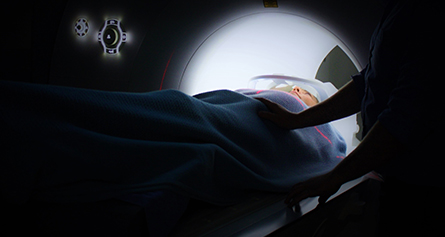In Europe and America, for over 50 years, routine use of the Pap test to screen for cervical cancer during gynecological examinations has reduced deaths from Cervical Cancer by more than 70%. It is hoped with widespread vaccination and improved screening strategies, fewer and fewer women will be affected by cervical cancer and pre-cancers in the future.
Cervical cancer may be treated with surgery, radiation therapy and/or chemotherapy. Depending on your situation, your treatment team may recommend using a combination of treatments to treat your cancer.
Surgery is the most common treatment for early cervical cancer, although radiation can also be used and typically works equally as well. Several types of surgery can be performed, but the final choice for you will depend on several factors that your surgeon specialized in gynecology and oncology will consider, especially the stage and size of your cancer as well as your general health.
Staging helps to determine what treatment plan is best for you and to give you an idea of how extensive your cancer is and your chances of a cure and it determined at the time of your surgery.
Radiation therapy (also called radiotherapy) uses high-energy radiation to kill cancer cells or stop them from growing. Radiation therapy can be an effective treatment for early stage cervical cancers. However, in early cervical cancer, it is more commonly used as extra treatment after surgery for patients at highest risk for recurrence of their cancer (such as when the tumor might have spread ...



